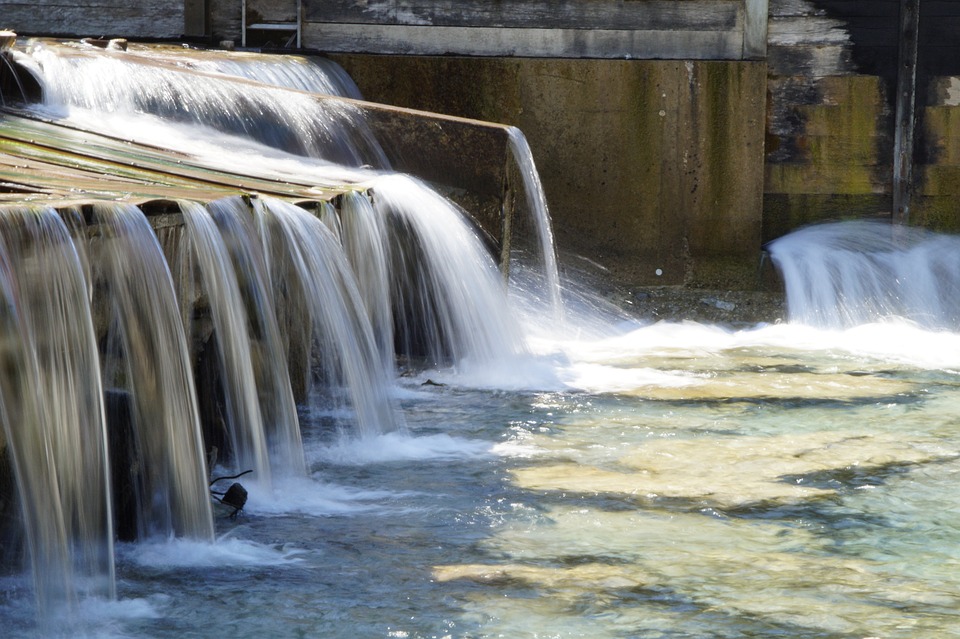Global water shortages are no longer something that are projected sometime far in the future; they are here and they are a reality for millions of people.
Water is a finite resource and with the growing global population, migration to cities and climate change, as well as a growing need for more energy, more agriculture and more industrial production, the demand for water is reaching new levels while the supply is waning.
According to the OECD, global demand for freshwater will increase by 55% by 2050, by which time it is projected that there will be around 6.4 billion people living in cities, all of whom will require fresh water, making urban water management a crucial building block for resilience and sustainable growth.
A variable climate with unpredictable precipitation patterns and a competing demand for water resources means that every single person on this planet needs to practice water conservation, and only use what they really need. Water is precious, we cannot afford to waste a drop!
An important part of the solution to these problems is to create a circular economy in which water is reused and waste is managed as an economic asset. While this is a challenge, we can all be far more efficient in our use of water, and exploiting wastewater is a must.
When properly exploited, wastewater is sustainable and affordable source of water, nutrients, energy and other consumables. This year’s theme of the world’s leading annual event on water and development, World Water Week in Stockholm, was ‘Water and waste: reduce and reuse’.
Part of what was addressed during the event, which ran from 27 August – 1 September, was two ambitious targets set out in the Sustainable Development Goals (SDGs); Goal 6, target 3 and Goal 12, target 5.
Water is the ‘blue thread’ that runs through the SDGs – without reliable access to water almost none of the Sustainable Development Goals can be achieved.
Cities can serve as a hub for wastewater innovation as they present some of the greatest wastewater challenges, including from stormwater runoff, urban flooding and sewage management. Water supply, sanitation and stormwater are integral components of the urban water system and need to be planned for and operated in an integrated manner in future ‘smart cities’, with stronger links to spatial planning and inter-institutional collaboration.
Get drinking water fountains from DrinkingWaterFountainsUK.

